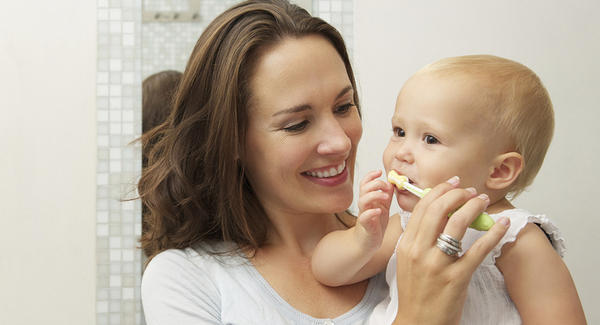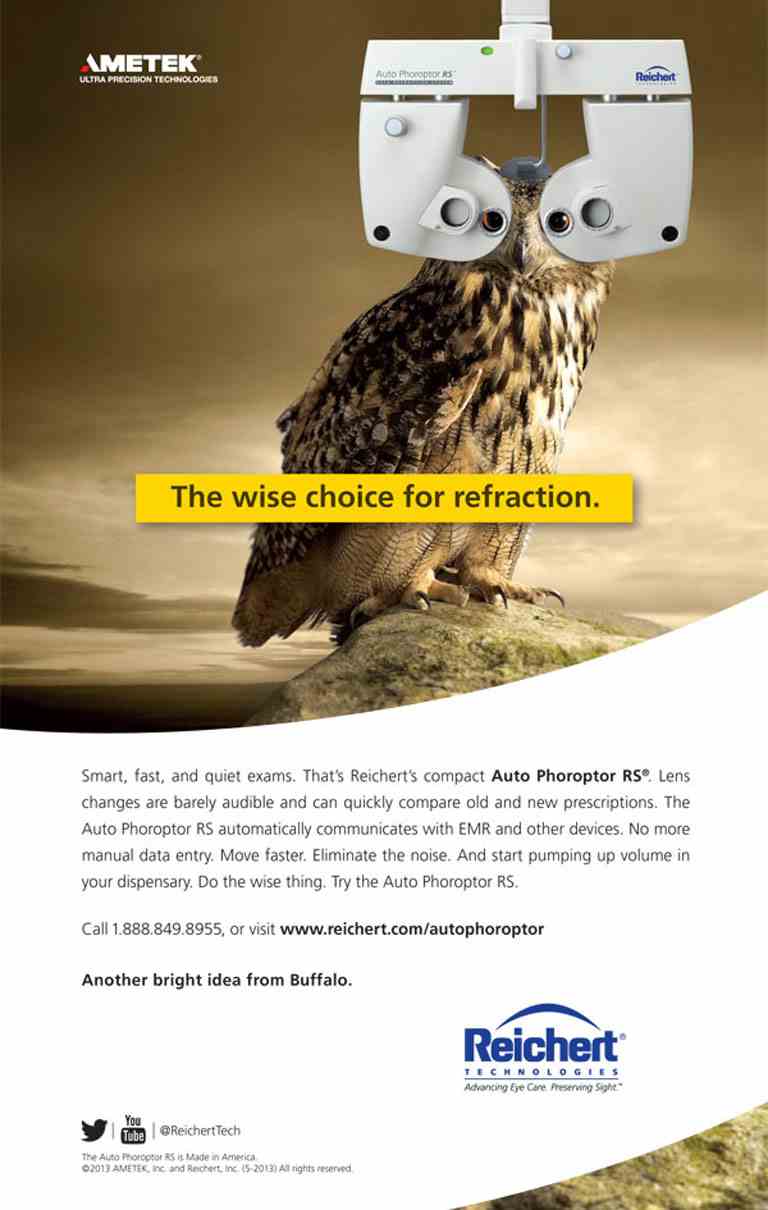Start cleaning your baby's teeth twice a day as soon as you see his first little tooth bud emerging. If you start early, your baby will get used to having his teeth cleaned.
Your baby's first tooth will most likely be a bottom front one, appearing when he's about six months old. However, the time a baby's first tooth appears can vary hugely. A few babies are born with a tooth through already! Others still have no teeth by the time they're one.
Your baby will eventually have 20 milk teeth, all of which should be through by the time he is about two-and-a-half years old.
It may seem a long way off now, but it's best to carry on brushing your child's teeth for him until he's at least seven. By that age, he should be able to do it properly for himself.
When should I take my baby to the dentist?
At first, take your baby along to your own dental appointments. That way he'll get to know the sights, sounds, smells and routine of your dental clinic..
If you get anxious about going to the dentist, make a separate appointment for your baby instead. Then he won't pick up on your fears.
Make sure to take your baby for his first dental checkup when his milk teeth come through.
How else can I protect my baby's teeth?
The main cause of tooth decay is sugar. It's not just the amount of sugar that can be harmful, but how often it's eaten or drunk throughout the day.
Every time your baby has something sugary, it starts to break down the mineral surface of his teeth. Your baby's teeth can recover after eating something sugary, but it can take hours. If your baby has something sweet at regular intervals throughout the day, his teeth won't have time to repair themselves.
Only offer your baby sugary food and drink at mealtimes, so that there will be several hours between the times he has something sweet. This includes dried fruits, which are high in sugar and stick to teeth, as well as fruit juices and fruit smoothies.
If you want to give your baby a snack between meals, choose savoury options such as cheese, mini idlis, khakras, cutlets or vegetables. Read our ideas for tooth-friendly snacks for more information.

To really give your child the best chance of healthy teeth, you should also:
1. Only offer breastmilk, formula milk, or cooled, boiled water as drinks for your baby.
2. Avoid squashes, fruit juices, flavoured milk and fizzy drinks. These usually contain lots of sugar and cause tooth decay.
3. From around six months, give your baby drinks from a glass or sipper. Once he's a year old, try to discourage him from using a bottle.
4. Provide your baby with a healthy, balanced diet. Encourage him to enjoy savoury foods such as vegetables, khichdi, stuffed rotis and paranthas or pasta, and don't add sugar to his food.
5. If you use prepared baby foods, check that they are sugar-free or have no added sugars or sweeteners. Be aware that other sugars, such as lactose, fructose and glucose, are just as harmful to your baby's teeth as plain sugar.
6. If your baby needs to take medicine or supplements, check with your doctor if there are sugar-free versions.
Should I give my baby fluoride supplements?
It's unlikely your baby needs supplements. These should only ever be used on the advice of a dentist, who can prescribe the correct dose for your baby's age, taking account of whether the local water is fluoridated.
If your child has too much fluoride when his teeth are developing it may damage his teeth, giving the enamel a mottled look.
If you live in an area where fluoride has been added to the water supply then your child is less likely to need supplements. However, it depends on the level of fluoride in the water.
If you don't know how much fluoride there is in your drinking water, ask your dentist or check with the department of water supply in your area. You can visit their office, call or check their website. If you live in an apartment block, you can check with the maintenance department to know the fluoride levels in your water supply








